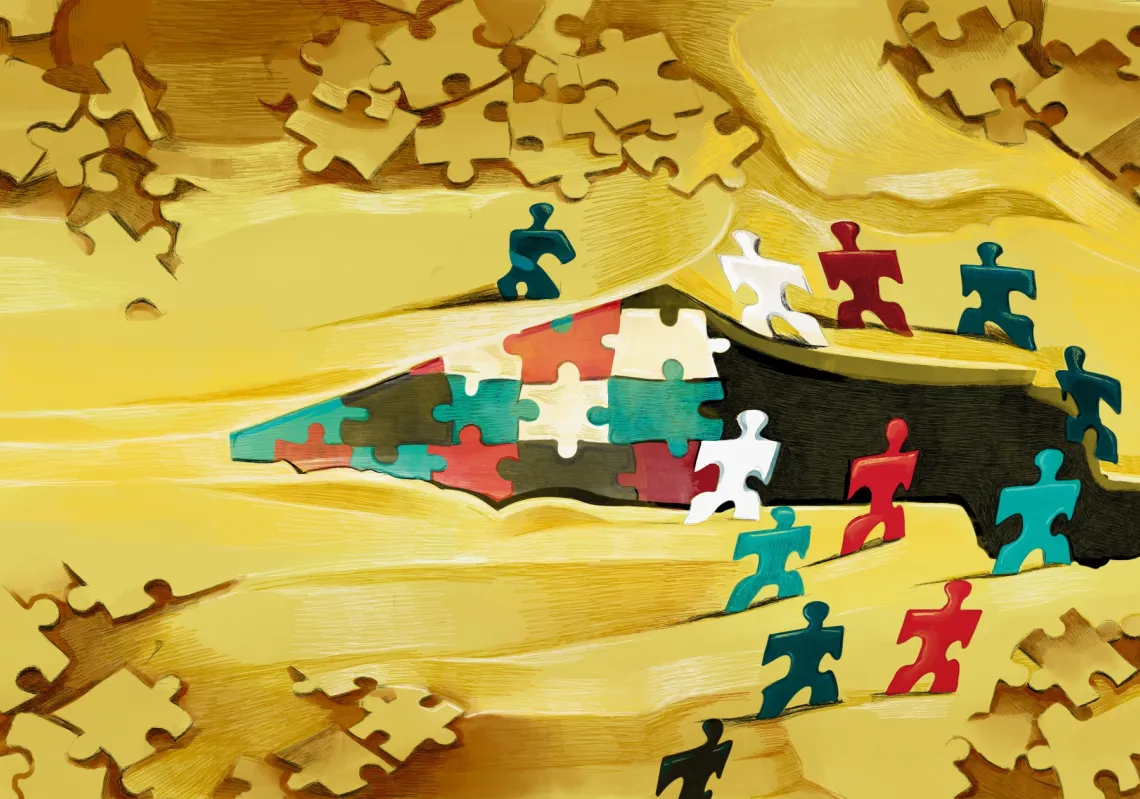The ring of a smartphone does not bring with it the same sense of foreboding as that of a landline.
Being able to set the volume and choose the sound made probably helps. But an incoming call now triggers different feelings for me than those set off by the imposing, black fixed-line telephone which sat in the corner of our house.
That old tech commanded respect. It seemed to impose its own form of dignity on us. We approached only at its behest, rushing to answer its calls with a sense of unease. And when they came, the calls were infrequent and brief. Conversation was minimal.
The landline's fixed physical connection gave it a feeling of inherent stability. It was a wire and it bound us to it. There was no room for anything but direct communication with our callers.
How very different the smartphone is. My relationship with it is almost the exact opposite. I do not leave it behind. It comes with me everywhere I go. It is my favourite toy and my miniature world.













